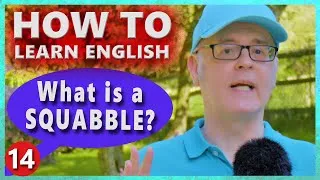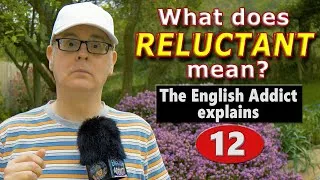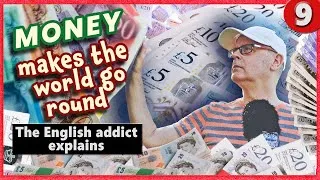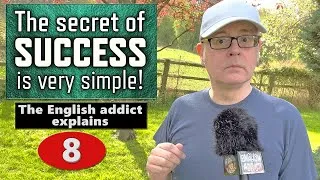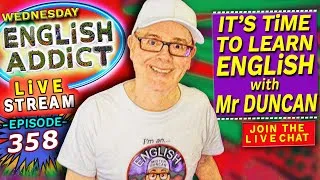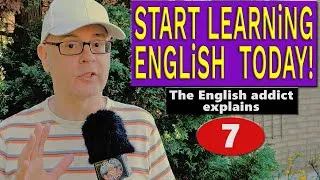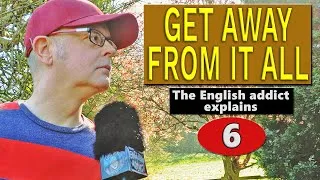PAST PRESENT FUTURE | 12 English Tenses | Learn English Grammar Course
3,776,656 views ・ 2021-10-16
براہ کرم ویڈیو چلانے کے لیے نیچے دیے گئے انگریزی سب ٹائٹلز پر ڈبل کلک کریں۔
New videos
Original video on YouTube.com
یہ سائٹ آپ کو یوٹیوب ویڈیوز سے متعارف کرائے گی جو انگریزی سیکھنے کے لیے مفید ہیں۔ آپ دیکھیں گے کہ انگریزی اسباق دنیا بھر کے اعلیٰ ترین اساتذہ کے ذریعہ پڑھائے جاتے ہیں۔ وہاں سے ویڈیو چلانے کے لیے ہر ویڈیو پیج پر دکھائے گئے انگریزی سب ٹائٹلز پر ڈبل کلک کریں۔ سب ٹائٹلز ویڈیو پلے بیک کے ساتھ مطابقت پذیر ہوتے ہیں۔ اگر آپ کے کوئی تبصرے یا درخواستیں ہیں، تو براہ کرم اس رابطہ فارم کا استعمال کرتے ہوئے ہم سے رابطہ کریں۔

